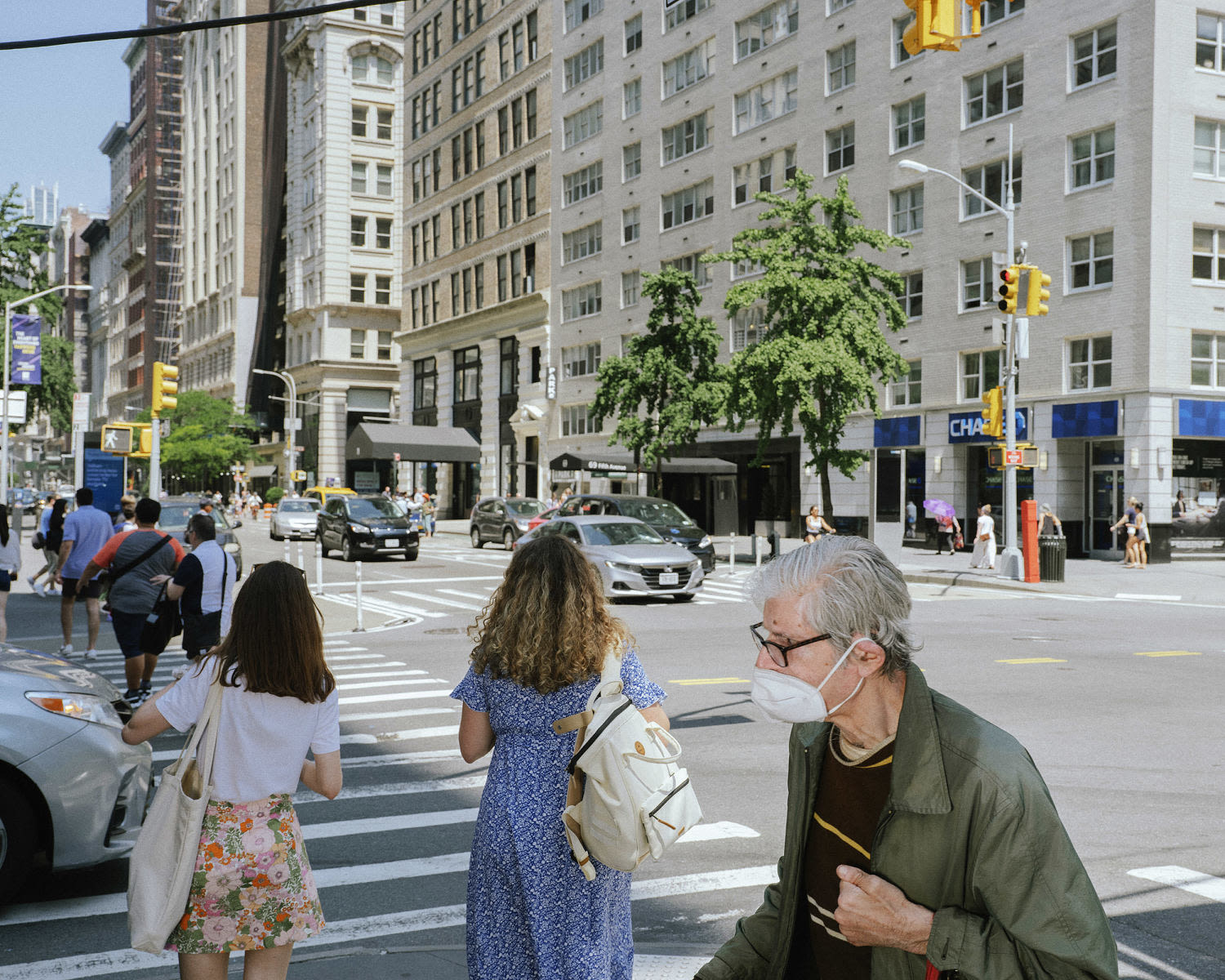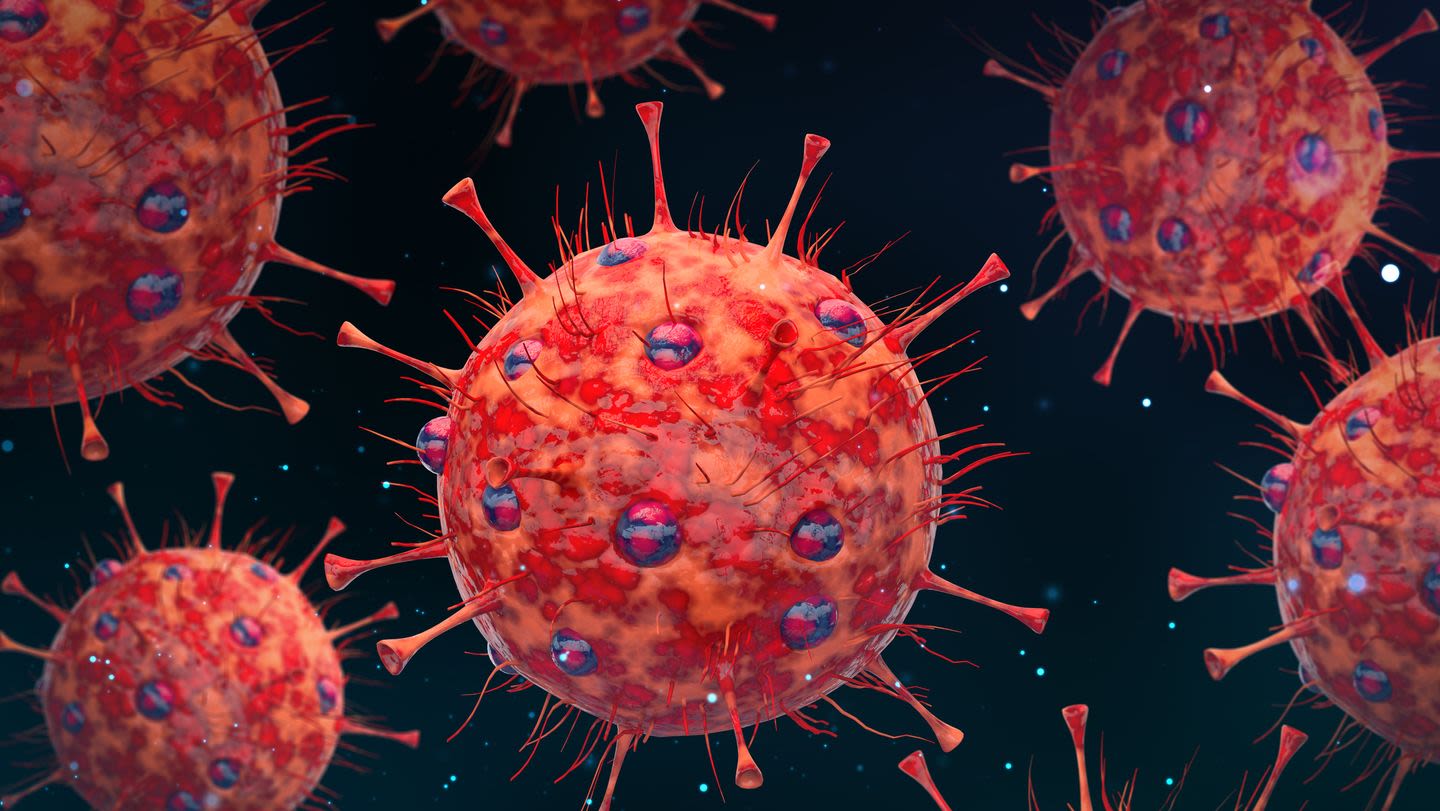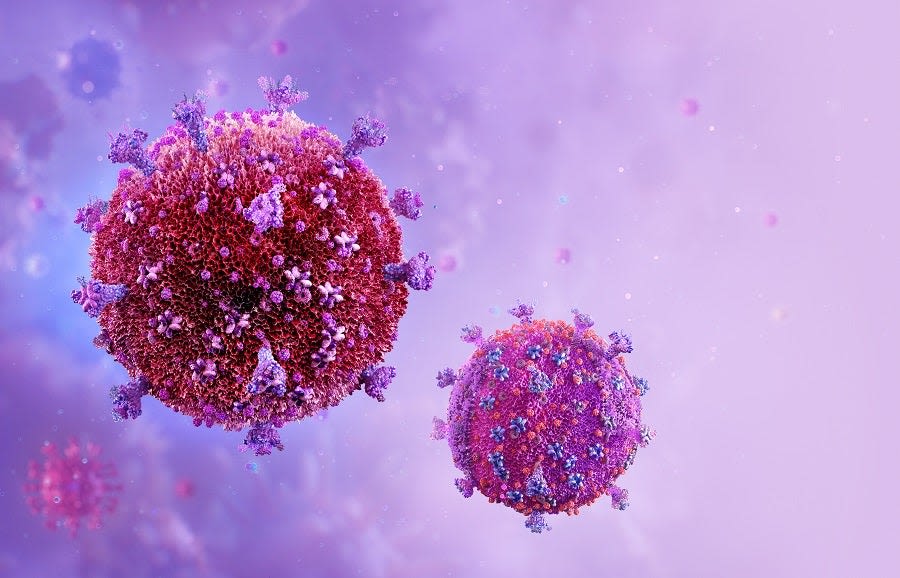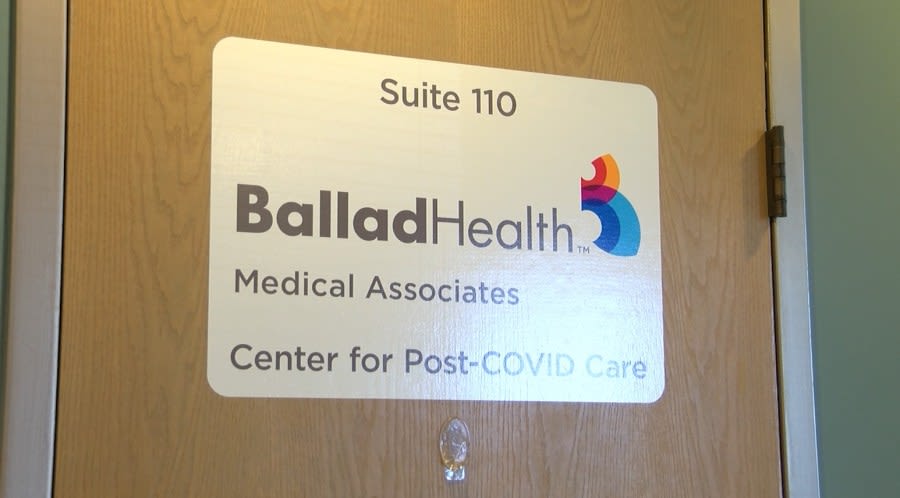Search results
News about COVID-19, William Schaffner (professor), KP.3
News about COVID-19, Long COVID, symptoms
Jun 22, 2023 · Some people continue to experience health problems long after having COVID-19. Understand the possible symptoms and risk factors for post-COVID-19 syndrome. By Mayo Clinic Staff. Most people who get coronavirus disease 2019 (COVID-19) recover within a few weeks.
Jun 11, 2024 · People with Long COVID can have a wide variety of symptoms that can range from mild to severe and may be similar to symptoms from other illnesses. Symptoms can last weeks, months, or years after COVID-19 illness and can emerge, persist, resolve, and reemerge over different lengths of time.
Jun 19, 2023 · Long COVID is a collection of symptoms that last three months or longer after your first COVID symptoms. It can steal your energy, your ability to think clearly, and your sense of smell or taste. You might feel anxious or depressed, get frequent headaches, be short of breath or have heart palpitations.
3 days ago · People with a mild to moderate COVID-19 infection have symptoms like: Cough. Diarrhea. Fever. Diminished the sense of smell. Muscle aches. Nausea or vomiting. Sore throat. Symptoms like shortness of breath don't usually occur with mild to moderate COVID-19, and blood oxygen levels don't typically fall below normal limits.
Jun 14, 2022 · People with long COVID, or “long-haulers,” are COVID-19 survivors but they have persistent symptoms such as shortness of breath, fatigue, headaches, palpitations, and impairments in mental health and cognition.
Jun 5, 2024 · These can include cardiovascular, respiratory, mental health, gastrointestinal, nervous system, and metabolic symptoms. The report includes a full listing of all symptoms and conditions that have been associated with Long COVID. The risk of Long COVID increases with the severity of COVID-19 illness.
Dec 9, 2022 · Long COVID symptoms can include the following: diarrhea. fatigue. headache. joint or muscle pain. difficulty with memory and thinking ( brain fog) difficulty sleeping. shortness of breath....
Most people with COVID-19 feel better within a few days or weeks of their first symptoms and make a full recovery within 12 weeks. For some people, symptoms can last longer. This is called long COVID or post COVID-19 syndrome.
The most common symptoms of long COVID include: Brain (neurological symptoms) Breathing (respiratory symptoms) Digestive system (gastrointestinal symptoms) Ear, nose and throat symptoms. Heart and circulation (cardiovasular symptoms) Joints and muscles (musculoskeletal symptoms) Mental health (psychological symptoms) Skin (dermatological symptoms)
- www.nih.gov
- › News & Events
- › News Releases
May 25, 2023 · They assessed more than 30 symptoms across multiple body areas and organs and applied statistical analyses that identified 12 symptoms that most set apart those with and without long COVID: post-exertional malaise, fatigue, brain fog, dizziness, gastrointestinal symptoms, heart palpitations, issues with sexual desire or capacity, loss of smell o...




